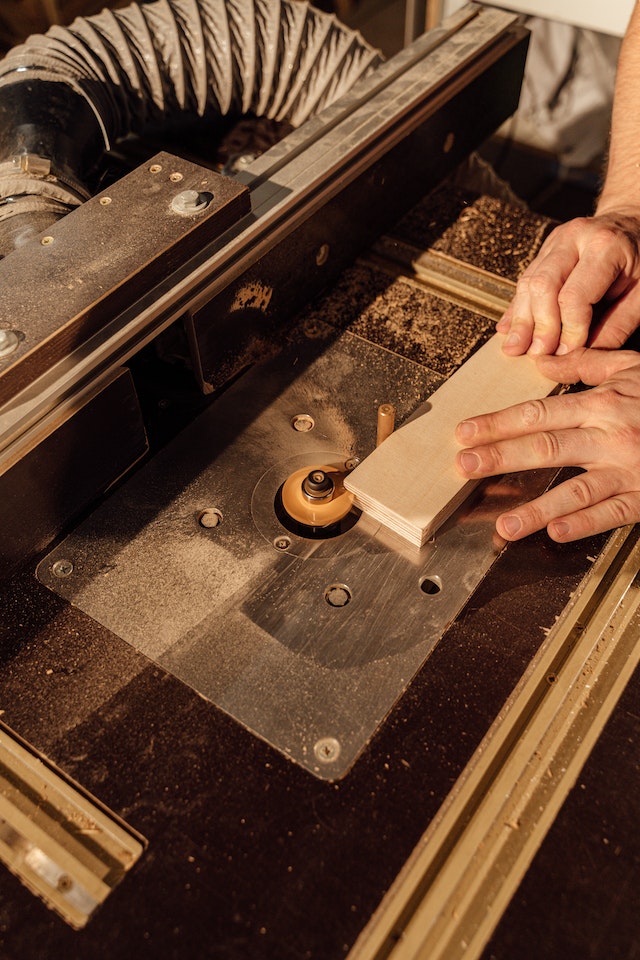While visiting a potential assisted living residence may seem intimidating, it’s important to see firsthand the quality of care your loved one will receive. Observe staff in action at mealtime or a class, and consider staying overnight to see what it’s really like. Check for accreditation or inspection reports. And look for the kinds of social activities that fit your loved one’s interests.

Look for a Community That Fits Your Needs
Assisted living is ideal for older adults who need help with daily tasks but don’t need nursing home-level care. A quality senior assisted living MO community will provide three meals daily, assistance with bathing and dressing, housekeeping, and other personal care services. The best way to determine if a facility suits your loved one is to visit it in person. Ask to see the living spaces, observe staff and residents, and look at the grounds. Stay for mealtime or an activity. It’s also helpful to learn about the staff-to-resident ratio. A high turnover rate could indicate problems with the quality of care. Ask how much training the staff receives and the procedure if a resident has an accident or falls. You can also ask friends, relatives, or a certified senior advisor for recommendations. They can provide valuable insight into a community’s culture and the experiences of its residents.
Take a Tour
While reading online reviews can help you narrow your options, you must tour multiple senior living facilities before deciding. You will get a more in-depth look at each location’s social setting and culture by walking around unchaperoned, eating a meal, and observing a class or a facilitated social activity. During your tour, be sure to walk through all areas of the facility. Ask to see residents’ rooms and make note of any smells, as well as how clean the space is. Look for wide hallways, bright colors, and lighting that promotes safety. It is also important to inquire about staff-to-resident ratios. This will give you an idea of how much attention your loved one will receive daily. You may also want to ask about the enrichment activities offered and what kind of day trips are available. You should also request information about area doctors and hospitals.
Ask Questions
After narrowing down your choices, take the time to ask plenty of questions. Whether you have specific logistical concerns like the number of caregivers to residents or want to know more about how each facility helps its residents thrive, these conversations can give you a better sense of the atmosphere and level of service. Also, be sure to ask about their policies in an emergency. How will they handle situations like a fire, and how long does it typically take paramedics or firefighters to arrive?
Finally, be sure to learn about the costs associated with senior living. Find out how much everything will cost each month and what fees may be charged a la carte. This will help you plan your budget and decide which options are the best for your loved one’s needs.
Schedule a Visit
Once your parents are settled into their new home, check in regularly to ensure everything goes smoothly. This will help you nip any potential issues in the bud, preventing them from spiraling into a bigger problem. If you can’t visit, look at online reviews to see what other families have experienced. This will give you a firsthand account of everything from how well the staff treats residents to whether or not the food is delicious. It’s also important to know how the residence handles emergencies. Find out whether they have a registered nurse on-site and how they work with local doctors. And don’t be afraid to ask about dietary restrictions, such as if your loved one can have second helpings or eat snacks outside of mealtime. This will help them maintain a healthy diet and improve their overall quality of life. This is especially important if they have Alzheimer’s or another disease that requires more care, such as Parkinson’s.




